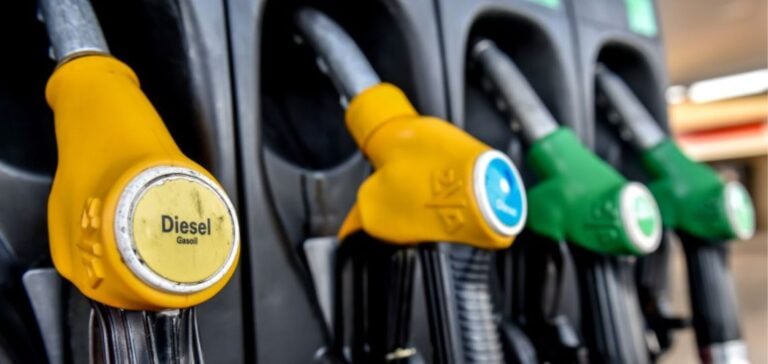In 2023, France saw a slight decrease in oil demand. Total consumption was 65 million tonnes of petroleum products, compared with 66 million tonnes the previous year. This marks a reduction of 1.6% on 2022 and 10.6% on 2019, before the Covid-19 pandemic. This decline concerns a variety of products, notably aviation fuel and heating oil, influenced by warmer weather and a transition to other energy sources.
Diesel Decline and Gasoline Growth
Diesel demand has fallen significantly by 5.5% in 2023, accentuating a downward trend of 11.7% since 2019. Demand for unleaded gasoline, meanwhile, rose by 5.3% in 2023, representing a 21.9% increase since 2019. This change reflects a shift in consumer preferences within the French road fuel market.
Failure to meet climate targets
However, the average annual reduction of 2.7% in petroleum products since 2019 does not meet France’s objectives of reducing the share of fossil fuels in its total energy consumption. To achieve the reduction targets set by the French Energy and Climate Strategy, an annual reduction of 6% is needed, according to estimates by the Union Française des Industries Pétrolières (Ufip).
Challenges of Defossilization
Olivier Gantois, President of Ufip, stresses that reducing demand for fossil fuels is crucial to defossilization, rather than simply reducing supply. It highlights the need for innovative approaches to reducing fossil fuel consumption, including the development of low-carbon fuels and the decarbonization of hydrogen used in refining.
However, despite the insufficient drop in consumption, the oil industry is playing a role in the energy transition. Indeed, the promotion of low-carbon fuels and decarbonization efforts in refining are examples of the sector’s contribution to the global strategy to reduce CO2 emissions.






















